Yesterday, my coauthors of A Language of Healing for a Polarized Nation hosted a Zoom conversation to discuss the public reaction to the Ahmaud Arbery killing in Georgia and the racial divide it exposes. Gil Michel, a friend, CPA and an inner-city pastor in Indiana moderated our discussion with a diverse panel who braved the conversation with us. Set to go for an hour, the conversation went for two and could have gone on longer. There are some incredible moments here of pain and pleas to have the conversations that can make a difference.
You can view that conversation here if you like or watch it below. I am grateful to be in conversations like this where people can speak honestly about race and the inequities that exist in our culture, with a hope for healing the divide. To do that, however, we first have to hear each other at a heart level and understand someone’s pain, especially if it isn’t our pain. Remember, love doesn’t demand that we agree; it only demands that we understand.
It is my hope that people of faith can take the lead in a conversation like this and especially include those who can’t understand the fears and frustrations of those whose skin color makes them feel less a part of their country and less safe going about their daily lives. If you want to continue the conversation with me, you may do so in the comments below or if you want to include the other two authors, you can do so on the Language of Healing Discussion Group on Facebook.




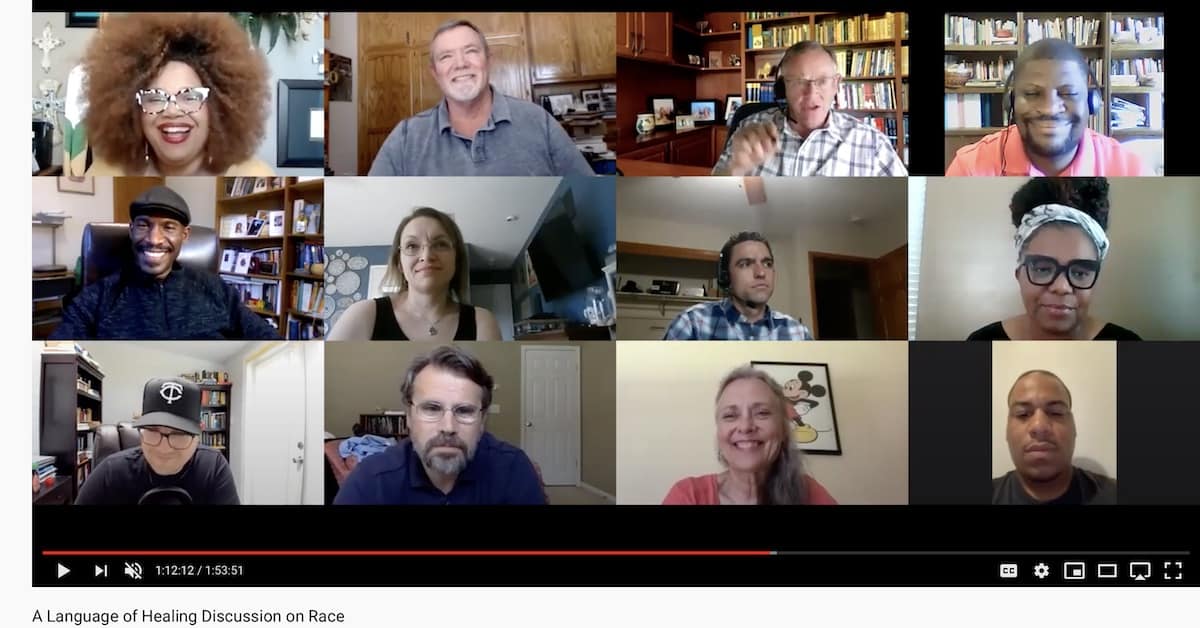
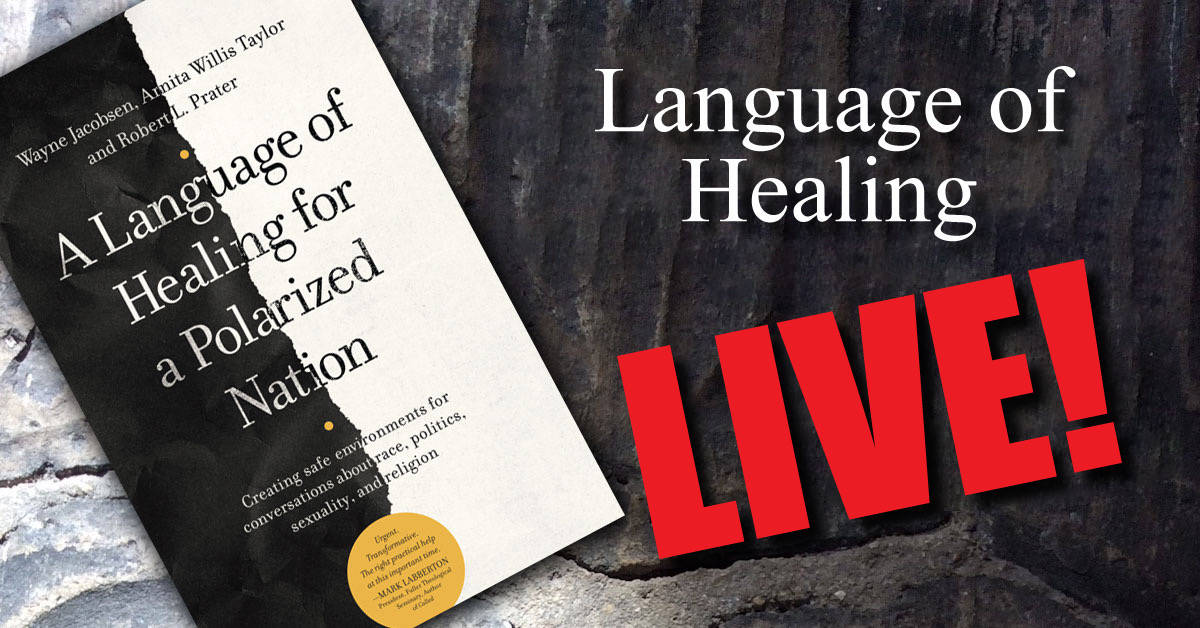
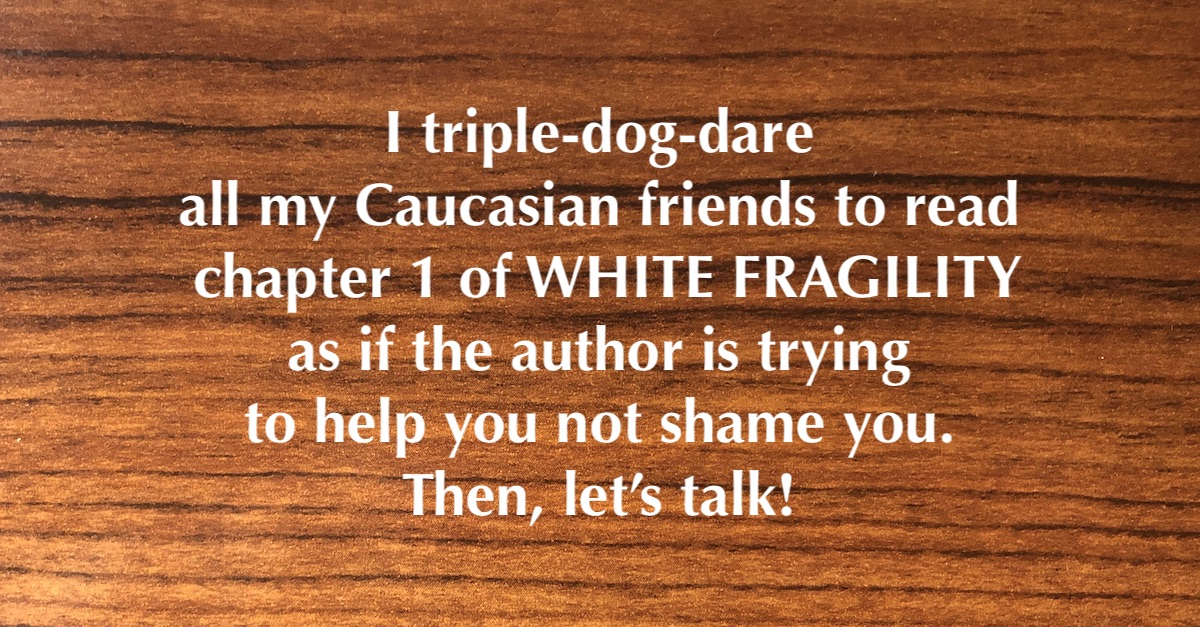
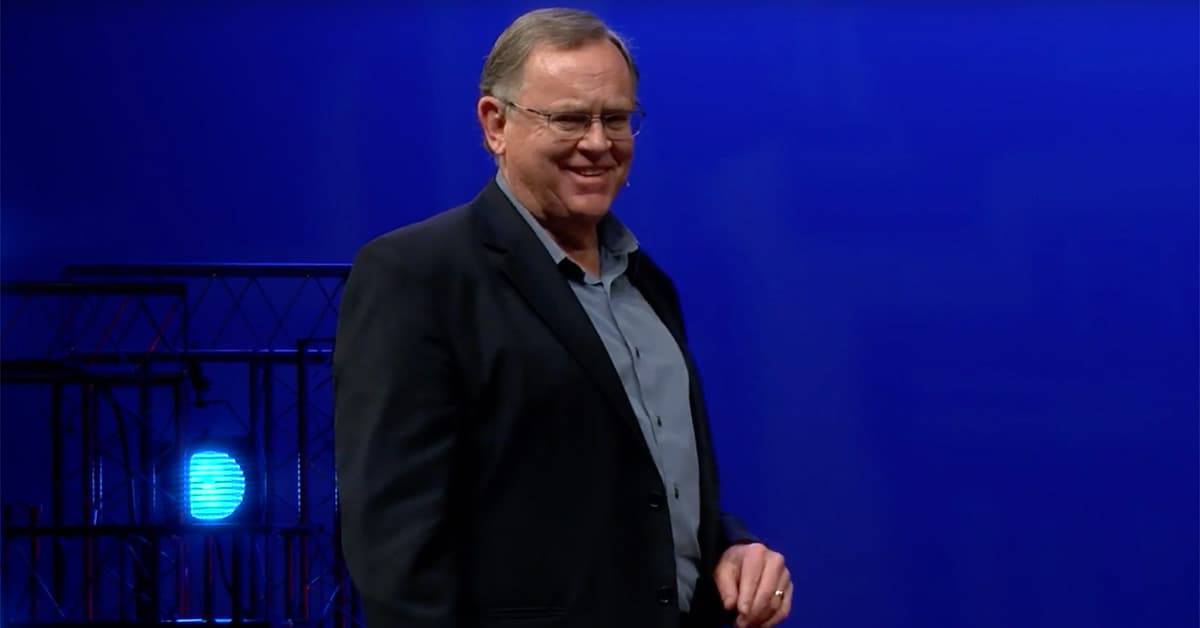
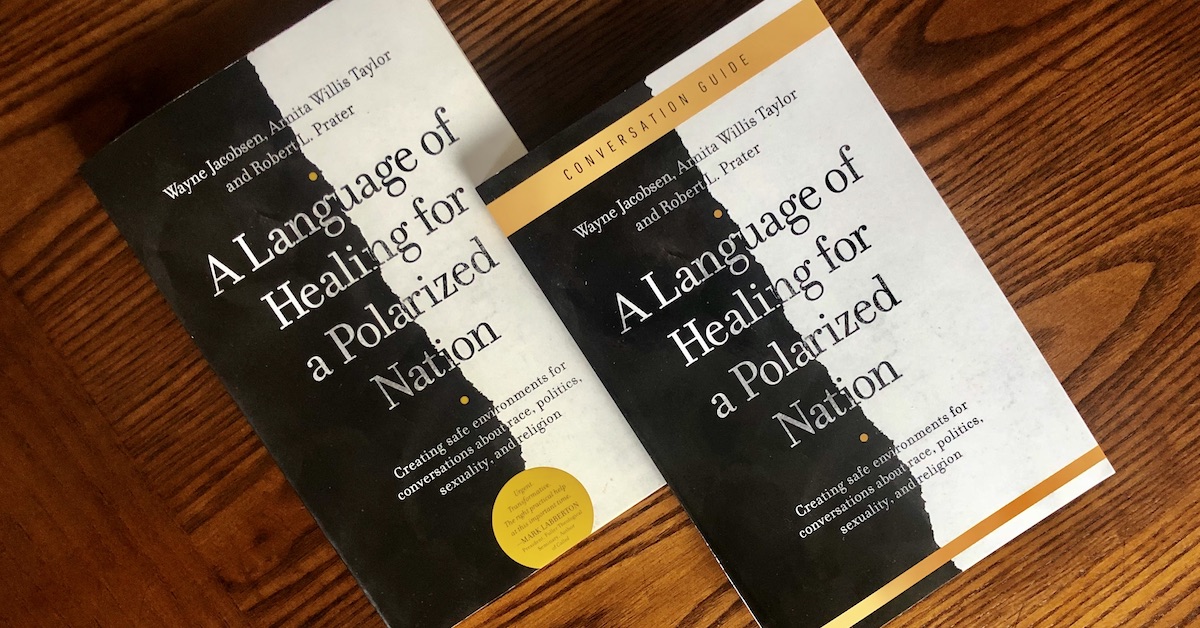
Wayne, I appreciate the efforts of you and your co-authors to heal racial divisions. I do have one suggestion. Whenever possible, please leave politics out of the conversation. I was surprised that President Trump was injected into the conversation at the 28 minute mark. A quick Internet search revealed that President Trump had the same reaction so many of us had upon learning of Ahmaud Arbery’s tragic death. The President called this death “a sad of horrible thing” and “very disturbing”. He also said, “My heart goes out to the parents and to the loved ones of the young gentleman. It’s a very sad thing.” Injecting President Trump into this conversation was unnecessary and it did not advance the conversation. In fact, I would categorize this injection as the language of division, not healing.
It’s a conversation, Kevin, and I don’t control what others do or say in it. I know there are people who think our President can do no wrong, but he has consistently fomented the conflicts in our culture, pitting one side against another, rather than being a voice for healing. If you think pointing that out is divisive, I really don’t know what to say. His actions this week have only further underscored that we have a President that can’t truly empathize with people who don’t look or think like him. I had hoped he would grow into the office and be a president for all of the people but I can’t conclude he has. It makes me sad because we need someone in that office bold enough to be a healer. And please don’t think I conclude that the Democratic nominee would have been any better at it. Politics is about dividing people these days and that is a big part of the problem! So, I’m sure we’ll keep mentioning it. I’m sorry if you think that’s unfair.
Wayne, my point was not about what is fair or not. My point is what is helpful or unhelpful. I would categorize injecting President Obama’s shortcomings into this or past tragedies as unhelpful too. I agree that politics is about dividing people these days and both parties share the blame. I also suspect that racism (as well as other issues that need attention) have been weaponized for political purposes. If true, then part (not all) of the solution will be to de-weaponize it. Again, I appreciate what you are your co-authors are doing.